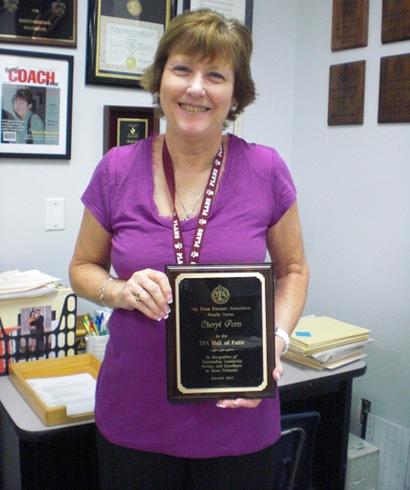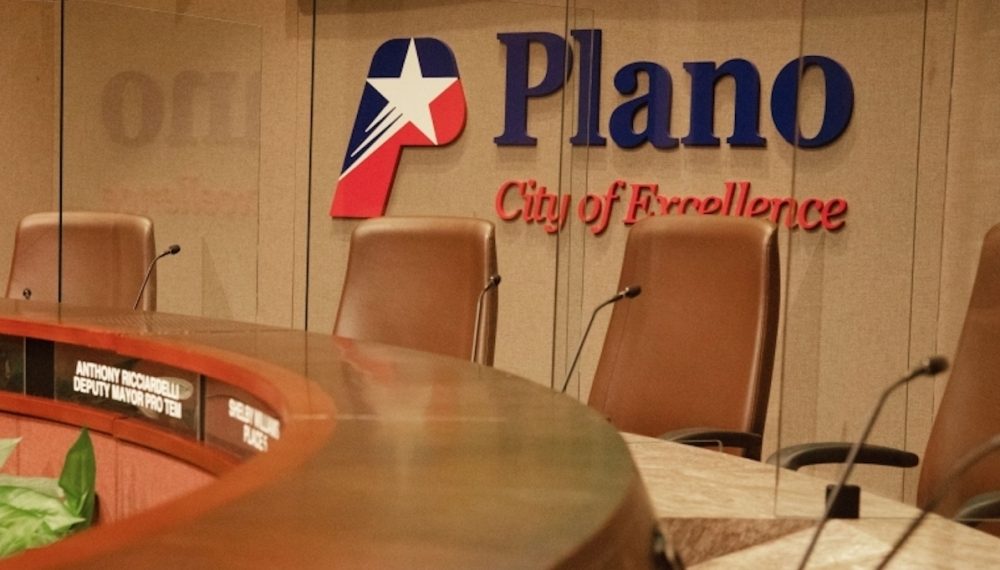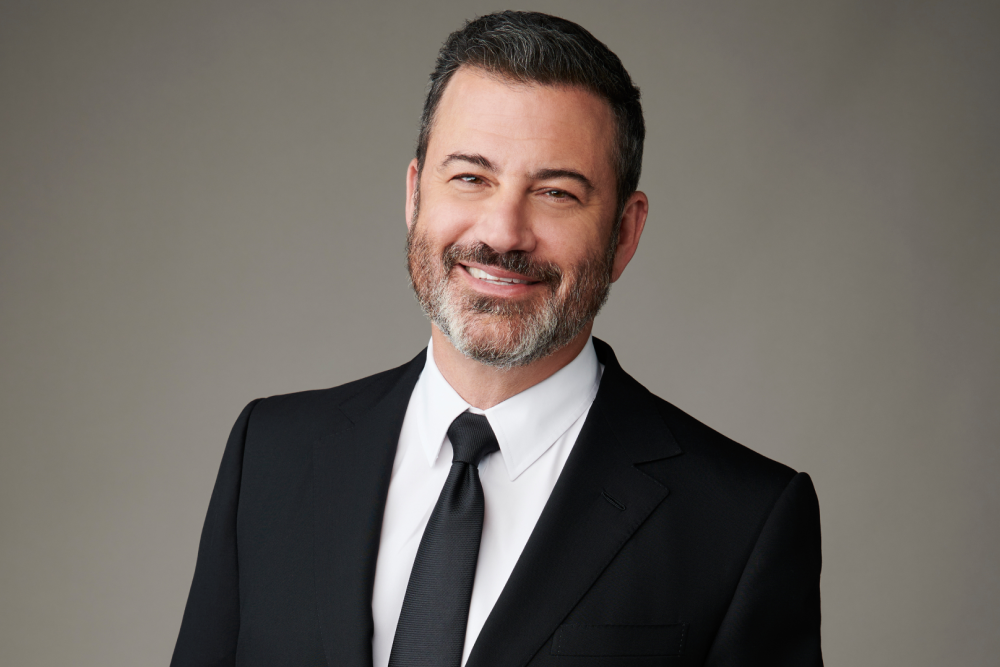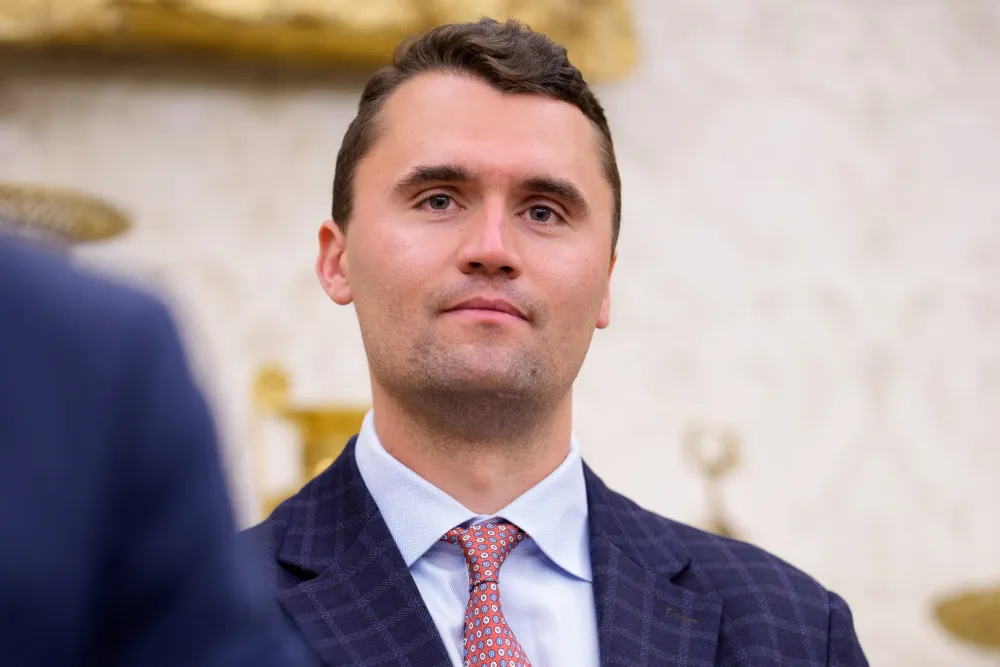A medium-sized, mahogany plaque rests atop a cart of laptops in a quiet corner of the room. Crisp gold words are carefully etched onto its glossy black face. It has yet to be hung on the wall immediately to its right, where it will join a neat array of other plaques and framed certificates. Earning her place in the Texas Forensic Association’s Hall of Fame is yet another accolade that debate teacher Cheryl Potts has received for her work guiding her students throughout the years. She was honored in early March in Amarillo, where she and select debaters, including those who now file casually into her room during B lunch to eat and work, traveled to compete in the state speech tournament.
“It was a surprise,” Potts said. “At the award ceremony, they give some special awards – for example, they grant Emeritus status to some individuals and then they induct a couple of people into their Hall of Fame every year. They presented me with a plaque and a nice little testimonial speech.”
The Texas Forensic Association (TFA) organizes speech and debate tournaments in which over 300 state high schools, including Plano, annually compete in. In addition, TFA conducts seminars for beginning and experienced teachers and coaches. Potts has spent 15 out of her 23 years teaching, helping Plano debaters win.
“It was an honor because the people who are already in that Hall of Fame are people that I have a lot of respect for,” Potts said. “They’ve distinguished themselves in various events or just as coaches and teachers in general, and so it was a nice compliment to be included in that group.”
Potts spends 60-80 hours a week at school helping her students improve in the art of public speaking. She rarely leaves until around sunset at 7 or 8 p.m. Yet it is mainly her students and those around her who Potts credits for her success.
“I’ve listened to a lot of seminars, stolen some ideas from a lot of other really good coaches,” Potts said.
“I’ve read a lot. Because of other teachers here at Plano, I’m a better teacher, and I’m a better person. We share a lot of ideas and interact with each other. I understand a lot more about life and what it takes to work within a community – and Plano really is a family. But I think most of the success that any coach derives is from their students. And I’ve had an awful lot of students with strong work ethics and desires to be successful, and so whatever success I have really comes from the fact that I have really good students.”
Her students, on the other hand, find Potts to be invaluable to their own successes.
“Her dedication is really unparalleled,” junior Aaron Chou, who competes in multiple types of debate and extemporaneous speaking, said. “You won’t find another coach who stays so late each day and comes in the morning to us. She won’t care if you are her cream of the crop debater or a novice starting out – she will be there to hear you give a speech. Of course, what’s debate without a little fun? She is very witty and lets you know if you’ve gone wrong by poking fun at you. All in all she just is that one coach we all agree we don’t know where we’d be without.”
Senior Dheeraj Putlur, who competes in student congress debate and foreign extemporaneous speaking, said that Potts has the ability to turn any individual into an exemplary speaker.
“Mrs. Potts is one of the few coaches from my experience who puts time and effort into all of her students,” Putlur said. “She is able to remember the qualities of each and every speaker. She remembers the mistakes made the previous time he or she spoke. She taught me that if I repeat myself and correct every time I make a mistake, then I can be a good speaker. No matter what, through practice and hard work, anybody can.”
Back in high school, Potts acted in one-act plays and participated in policy debate, where two sides discuss solutions to issues in a way similar to the process government officials go through. After college, instead of attending law school at Baylor, she took a teaching job in Waco and earned graduate degrees in Speech and English. Potts is more than just an oratorical role model for Chou.
“Mrs. Potts has had a whole life of competing and done so well in everything, but the way she goes about you wouldn’t know it,” Chou said. “She is just one of the most down-to-earth people you would ever meet. Outside of debate, she’s taught me how to deal with issues. For example, she lets us vent and complain after we lose rounds, but at the end of the day she has a standard for us: that we need to bounce back and be ready for the next round. We need to have respect for anything we ever do and not take any sidesteps or complain – and just jump right back into it.”
Potts said that through her years as a coach, she has learned much herself from her students and continues to on a daily basis.
“Sometimes on an hourly basis,” Potts said. “Because if I say something, and it’s not right on, you can rest assured debaters will make sure I know that it was not spot-on the truth. And that’s okay because that’s how we learn.”
Potts said that she hopes her students will walk away with not only practical lessons but also an understanding of the fruits of labor.
“Hopefully there are a lot of life lessons they’re learning in the process of what we do,” Potts said. “We travel so much, we go to so many different tournaments. They’ve got to learn something about time management, they have to learn how to dress, they have to learn how to work and function in groups, because we really do everything as a team. And that if you work hard, the work will pay off. Not always with the award you hoped to receive, but it’ll always pay off.”







